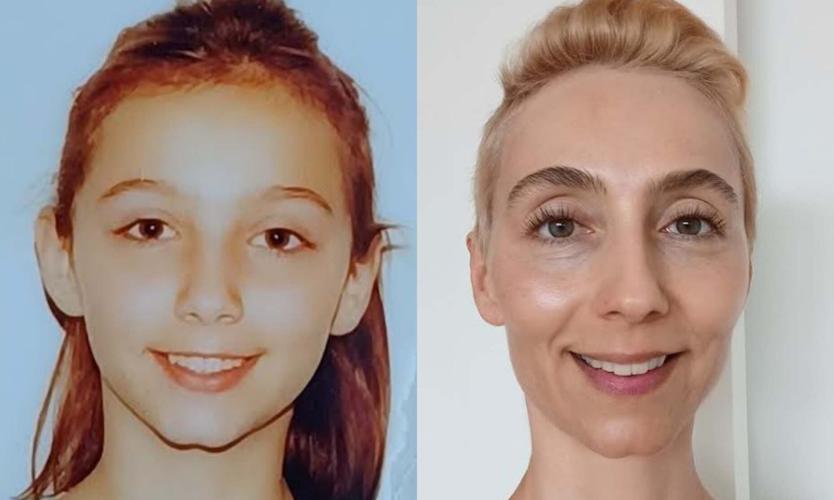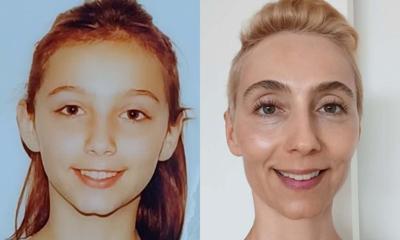When I was 13 and living under siege in my hometown of Sarajevo, Bosnia, a mortar shell exploded a few feet away from me leaving seven pieces of shrapnel in my legs.Ā
Or so I thought for three decades until, two years ago, a stabbing pain led to extensive imaging that finally revealed the full scope of my injuries: 22 pieces of shrapnel in my legs and one in my head.
At first, I was overcome with grief and anger. It felt as though war’s rapacious claws had, decades later, sunk into my flesh once again. It was startling and deeply disheartening.Ā
After a few days of weepiness, hard buds of anger inside my chest began to unfurl into a stubborn defiance. I vowed to walk a marathon in less than three months ā on the 30th anniversary of being wounded ā and raise money for an organization founded by my favourite Canadian: Terry Fox. The marathon was a quiet, intensely personal triumph over war and all the insidious ways it still plunders my peace.
Friday marks the 32nd anniversary of the day I was wounded ā Oct. 18, 1992 ā and I plan to walk 32 kilometres . After all, I remember receiving a UNICEF care package during the siege and know firsthand the terrific impact some school supplies and a few bars of chocolate can have on a young girlās spirit.
A few days ago, I was on a mission to find a specific picture of myself during the war: I am 13, wide-eyed and innocent, completely unaware that in mere months my life will change irrevocably. I love that little girl and I want to help her heal, so I plan to carry her picture with me every step of the 32 kilometres.Ā
But I wonāt be walking only for myself. I want to walk for every child caught in the storm of war, a child who fears for his home and family, a child fretting about her next meal and whether she will get to celebrate her birthday. As I pour over , I am struck by the pictures of the children and the familiar look on their faces: so wide-eyed and innocent, so troubled and wounded.Ā
Having walked the length of a marathon a couple of years ago, I know I will encounter physical discomfort, fatigue and even some pain. I also know I will feel a whole slew of emotions and likely cry a bit as well.
Whatever the emotion, I know it is a part of the journey. However, I do dread a few depressing thoughts that inevitably sneak up on me as I walk ahead: The number of children affected by war keeps rising. Bosnia keeps happening again and again. These children will likely have the same, or deeper, wounds thanĀ I have.Ā

Nadja Halilbegovich at age 15 in Bosnia.
suppliedAfter survivingĀ nearly four years of war, my parents managed to smuggle me out of Sarajevo through an underground tunnel that was the only way out of our besieged city.
At 16, I began a new life with a host family in the United States, while my own family still lived under siege. Inside the tunnel, I had to hunch my back and slog through the mud that came well past my ankles in a dark, narrow pathway with no air circulation and seemingly endless darkness ahead.
At one point, when I felt I had lost all hope and strength, my mother said: āRemember your dreams Nadja. Remember your dreams and keep walking.ā
My biggest dream is that no child experiences war ever again. Until then, I must keep walking and fulfil as many dreams as I can. I want to be more resilient and indomitable in the aftermath of war. I want to heal the 13-year-old girl in the picture and I want to help other children of war.
I hope the funds I raise will lighten some of their hardships and brighten their day. Above all, I hope they will receive the message that fed me long after I had polished off those few chocolates from my UNICEF care package: You are not forgotten. You are not forsaken.Ā






























To join the conversation set a first and last name in your user profile.
Sign in or register for free to join the Conversation